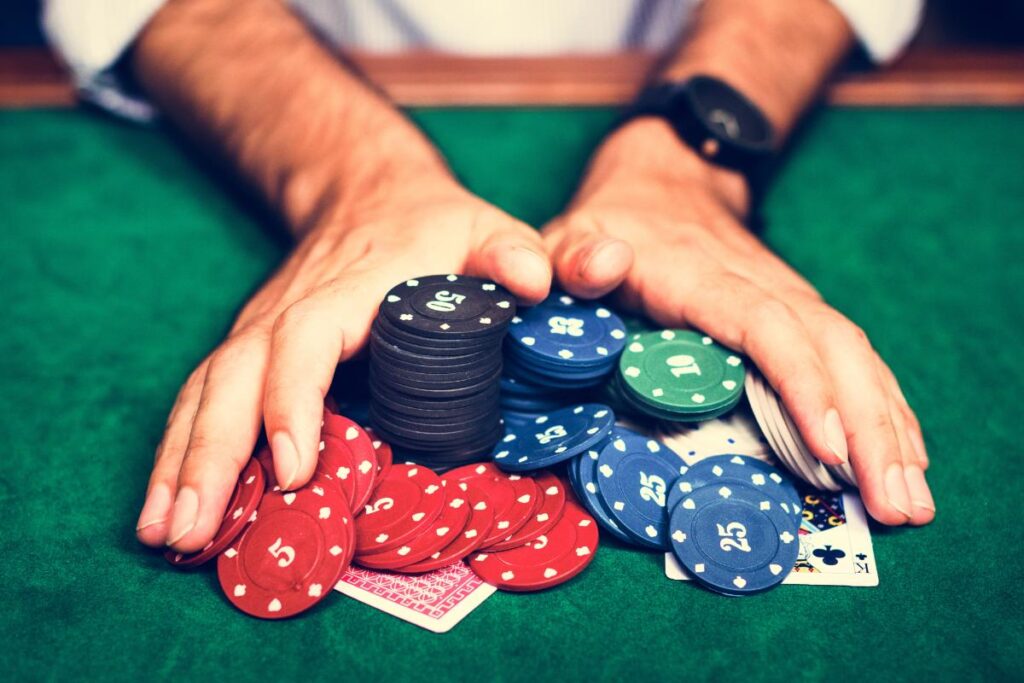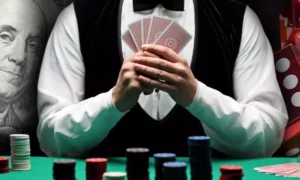Games of chance have long been a part of human history, dating back to ancient civilizations that sought excitement and entertainment through various forms of gambling. From dice games played in Mesopotamia to the spinning wheel used in ancient China, these early games of chance laid the foundation for the modern casinos and lotteries we see today. The allure of unpredictable outcomes and the thrill of risk-taking have captivated people for centuries, making games of chance a timeless and universal pastime. In this article, we will explore the fascinating ancient origins of these games and delve into their cultural significance throughout history.
The Evolution of Gaming in Ancient Civilizations

Ancient civilizations were not just known for their impressive architectural feats and rich cultural heritage, but also for their early advancements in gaming. Games of chance, in particular, have a long history dating back to ancient times. From the dice games of Mesopotamia to the strategic board games of Egypt, gaming has always played a significant role in society. These games were not only a form of entertainment but also a way for people to socialize and even gamble. As civilizations evolved, so did the games they played, with new innovations and variations emerging over time. The evolution of gaming in ancient civilizations is a fascinating study of human creativity and ingenuity.
The Role of Luck and Fate in Early Games

In the early days of civilization, games of chance were heavily influenced by the belief in luck and fate. These games were not just about skill or strategy, but also about the unpredictable nature of the universe. From throwing dice to drawing straws, ancient societies used various methods to determine outcomes that were beyond their control. The role of luck and fate in these early games created an air of excitement and anticipation, as players never knew what the next move would bring. Whether it was a game of chance played for entertainment or for more serious purposes, such as making important decisions or seeking guidance from the gods, luck and fate were always at the forefront of these ancient gaming experiences.
Ancient Methods of Gambling and Chance

Ancient methods of gambling and chance have long been a source of fascination for people throughout history. From the throwing of dice in ancient Rome to the use of bones and sticks in ancient China, gambling has been a common pastime in cultures all around the world. These games of chance were not just a way to pass the time, but often had deeper cultural and spiritual significance as well. In some societies, gambling was even used as a form of divination, with the outcome of the game believed to foretell the future or reveal hidden truths. Regardless of the specific method used, these ancient games of chance were a way for people to try their luck and potentially change their fortunes.
Conclusion
In conclusion, the ancient origins of games of chance reveal a rich and diverse history that dates back centuries. From the casting of lots in ancient civilizations to the development of more intricate games like dice and cards, the concept of risk and reward has captivated humans for generations. Today, the popularity of games of chance continues to thrive, with modern iterations like the 4d lottery attracting players from around the world. As we continue to embrace these timeless pastimes, we are reminded of the enduring appeal and universal nature of gambling as a form of entertainment and excitement.


















